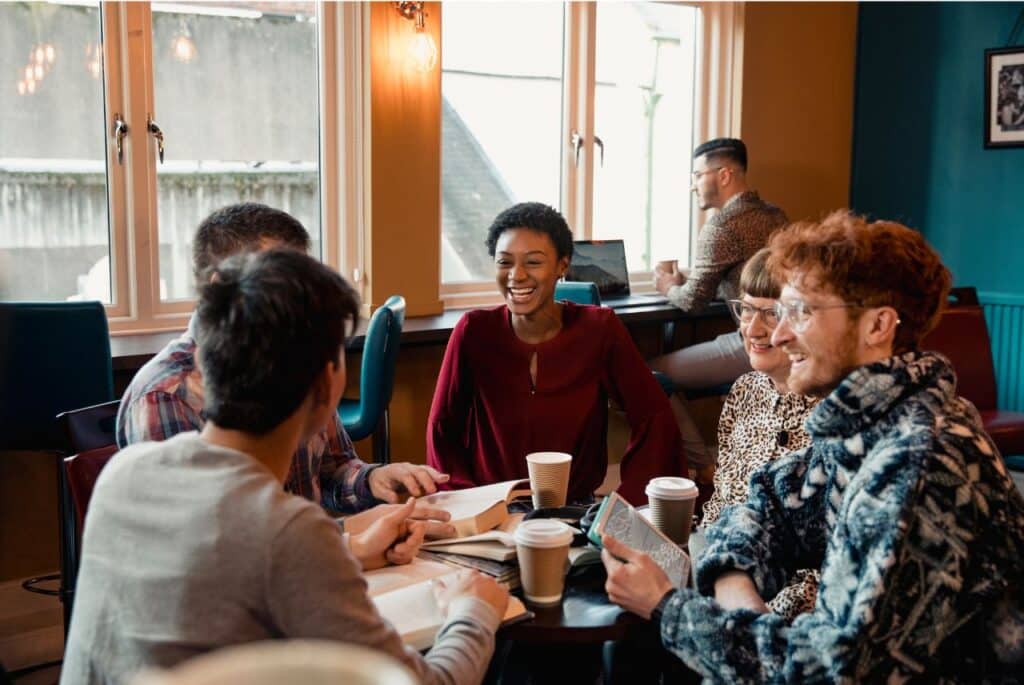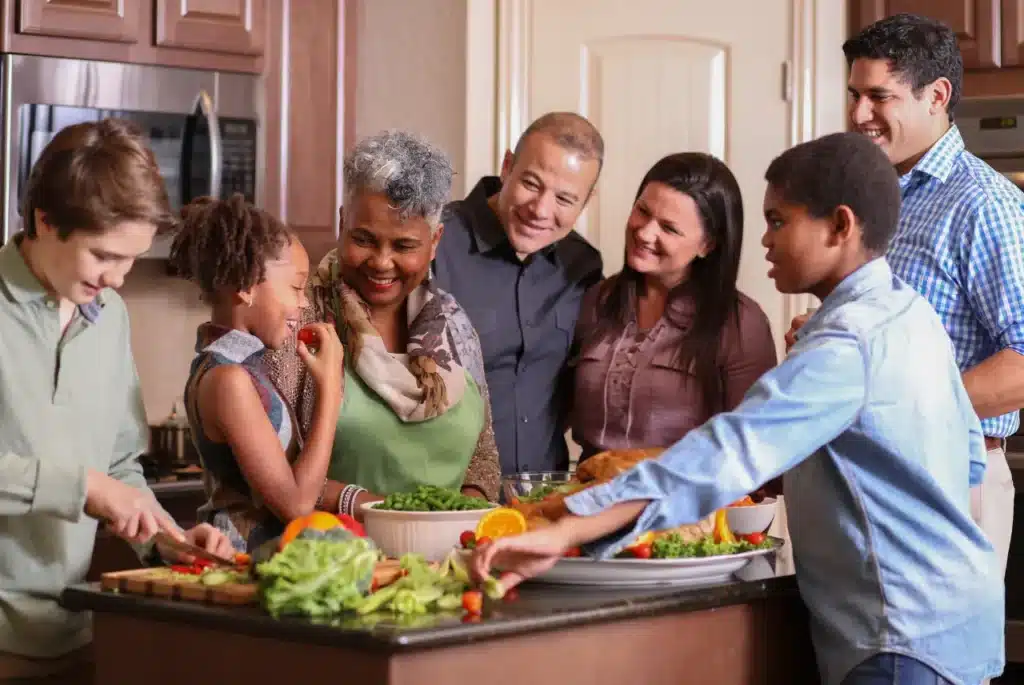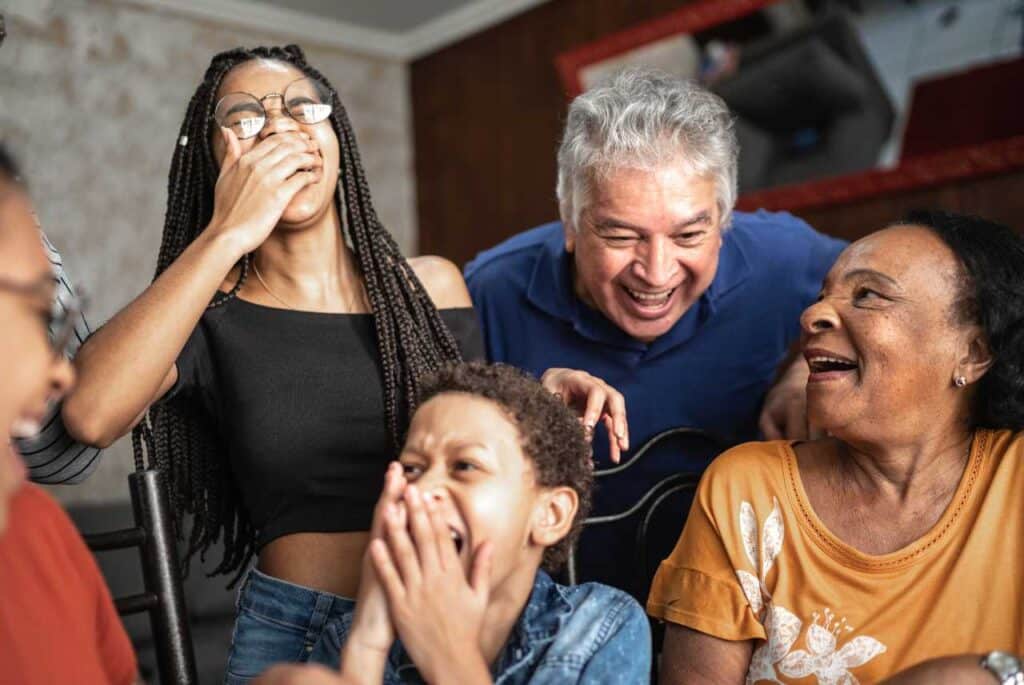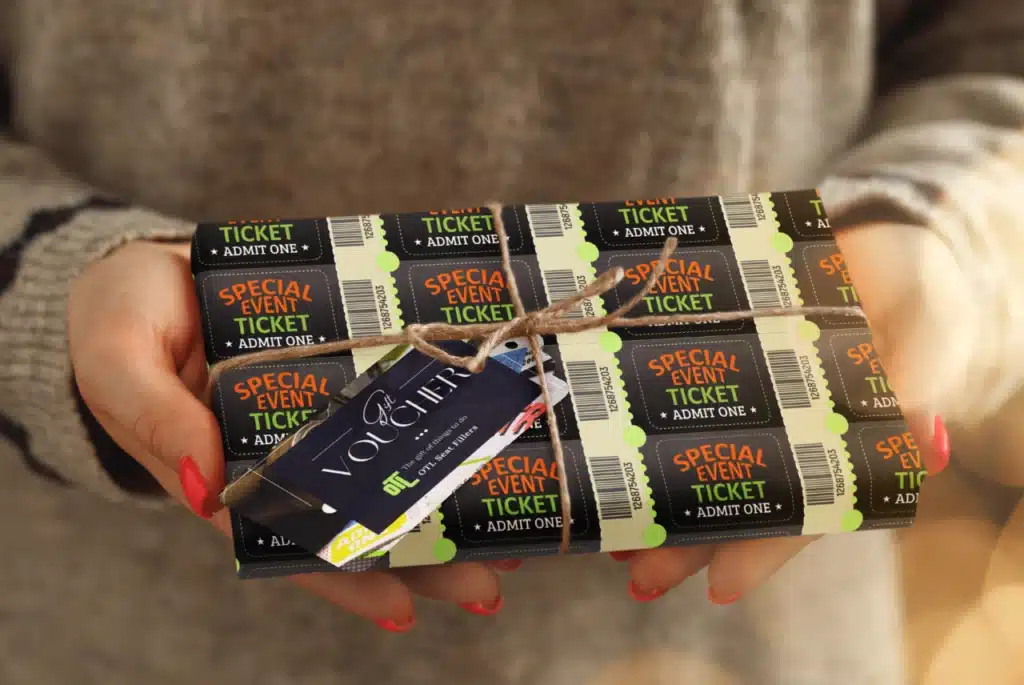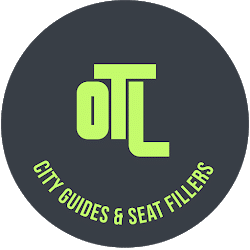Coronavirus Around the World – Australia
Coronavirus in Australia – Life Changes
Introduction
OTL City Guides are designed to be the go-to for all kinds of lifestyle information. However, we never thought we’d be sharing stories about life during a global pandemic like the effects of the Coronavirus in Australia.
Unfortunately, lifestyle these days seems to completely revolve around the Coronavirus COV-19 crisis. While so many of us are cooped up at home, it can be easy to forget that we’re not the only ones going through this, so we’ve asked writers from around the globe to share their experiences.
Two Major Life Changes
In this blog post, Roshan takes you on his personal journey through the Coronavirus in Australia. He’s an international student on a visa, as well as a restaurant employee in Sydney. So, both of his worlds have been rocked by the restrictions that he knows are necessary to beat the odds.
For stories from other locations, be sure to visit our Coronavirus blog, as we’re gathering global perspectives. Our other latest blog post in this series is an interesting perspective on the Coronavirus in Italy. We’ve also located a few places that will ship a face mask to you within a week or two.

Living in Australia During the Coronavirus Pandemic
By Roshan
My name is Roshan, and I’m currently residing in Sydney. I’d like to share what it’s like living here as both a student and a part-time restaurant worker during the Coronavirus in Australia.
Overview of the Coronavirus in Australia
Before I get to my personal story and observations, let me take you through the figures of COVID-19 here in Australia.
Coronavirus cases in Australia surpassed 6,000 in early April. However, the good news is the rate of infection is starting to slow. The curve is straightening out, primarily due to social distancing.
If you’re not in the country, you may be wondering, how are the officials are responding to this crisis, and what is it like to be living in Australia during the Coronavirus?
Avoiding total lockdown
Our Prime Minister Scott Morrison was quoted as saying, “If we must undergo total lockdown, we must think a minimum of six months, which will have a significant impact on our economy, jobs, and all the Australians living in the country.”
Having said this there are partial restrictions, but it doesn’t mean Australians have a normal life now and rules aren’t meant to be broken.
There’s a $1,000 fine for anyone who doesn’t abide by these new social distancing laws. Recently, two police officers were each fined for non-compliance.
Close to home
A few days ago, two people were diagnosed with COVID-19 near my apartment, where I live here in Sydney.
I saw chaos amongst the people in my community, and everyone gossiping about it. Since then, I hardly see any people outside my apartment. The situation makes me believe that people are taking things seriously, as they should.
Restriction and partial lockdowns
Restrictions have been made on a variety of businesses and all other non-essential shops.
Restaurants must abide by 1.5m social distancing laws, and shouldn’t allow anyone to eat inside.
Gyms, pubs, clubs, bars, and beauty shops, including our beautiful beaches, are under a complete shutdown. Essential shops, like grocery stores, are still operating but under more stringent restrictions. Businesses are fined $5,000 on the spot for breaching any of the rules.
Online living or fines imposed
All of the universities are being forced to launch online classes, while very few schools are still operating under serious precautions. Also, many people have moved to work at home scenarios.
I have witnessed police asking people to leave public parks, restaurants, and other locations if they are in a group. But, despite these laws, people are still getting caught going to beaches and fishing together. The unlucky ones are cited and fined.
Personal life changes
My university is conducting online courses that comply with government instructions.
But, personally, I am fed up with these online studies, as I don’t get much out of them. My classmates are also worried about their studies and asking the university to hold classes during this pandemic.
Restaurant job
I’m also a part-time worker with a job in a local restaurant. We continue to operate and serve our community under tight restrictions. Patrons can’t eat inside the restaurant, and we’re visited once or twice a week by local authorities to make sure we’re obeying rules.
We have a total of 90 team members working within our dining establishment, and everyone is affected due to this lockdown. Our normal working hours are being cut as we have fewer customers.
While I used to work four days a week, my schedule is now down to just two days. I’m an international student and don’t get any government benefits, so it’s challenging for me and everyone like me to continue our daily life.
Easter services
Furthermore, limitations have been made for religious institutions, like churches, until further notification. Authorities have also reduced the number of people who can attend weddings and funeral to five. We celebrated and worshiped on Easter online, while very few people were in church.
Exceptions to the rules
New South Wales (NSW) Government are urging people to stay home unless:
• Going to work or education unless you can do it from home.
• Shopping for essential supplies such as groceries
• Going for personal exercises on your own or with one partner
• Attending medical visits or compassionate visits.
If we have to leave our home for any of the appropriate reasons, then we must have to abide by social distancing and follow precautions. Non-essential gatherings of more than two people are also banned.
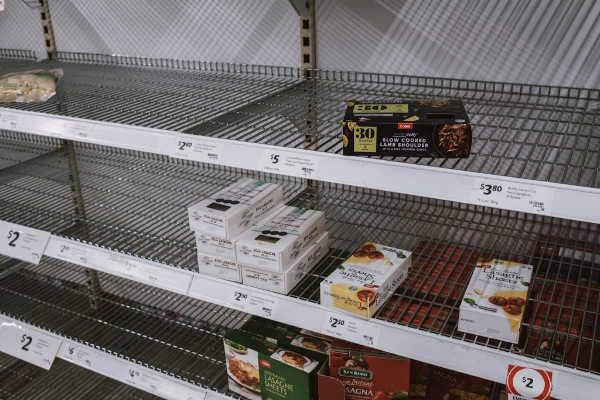
Panic buying
Something unexpected is the panic-buying epidemic during the Coronavirus in Australia.
Supermarket giants like Coles and Woolworths still have empty shelves where goods like toilet paper, hand towel, sanitizer, dry fruits, and pasta should be stocked.
Items and hours
When it comes to shopping, there are also restrictions on the number of items that can be bought at a time to ease the supply to everyone.
They’ve also introduced special hours where only older adults and frontline workers like nurses will be able to enter the shop, so they have easy access to goods they want. And, if we don’t follow the laws, we’re fined.
Nevertheless, the community is still confused about what we can do and what we can’t. Plenty of people, especially on temporary visas, are finding themselves unable to pay their bills and support day to day life.
A new normal
As of now, I continue to live a somewhat normal life. I’m still going to work two days a week, and then shopping for weekly groceries without any problem. But the way I used to visit the gym, beaches, and pubs over the weekend has now totally changed.
Recently, my brother and I went to a local grocery, and the police approached us with all kinds of questions. Fortunately, I had the right answers, and they were satisfied, but it’s certainly not the typical day to day living, in which we’re all accustomed.
We’re all fighting boredom by playing games, watching Netflix, trying to cook new dishes, and learning new skills online.
Employment and rent relief
Unfortunately, so many hospitality and airline businesses are now shut down. People are losing their job and being pushed to financial hardship.
The Australian government has come up with several schemes to help the unemployed and businesses get through this tough time. They’ve recently passed a $130 billion job seeker scheme, aiming to help people who have their income reduced or jobs cut.
Rent for commercial buildings is being lifted, too. Citizens are also able to access their superannuation up to $10,000 this financial year and next $10,000 in next. While all of these benefits are for Australian citizens and permanent residents, the question still arises for people having temporary, student visas, like me.
Non-residents are left out
International students have yet to receive any benefit payments from the government. Despite being a major economic contributor to Australia, we’re only being handed early access to our very own superannuation.
Prime Minister Scott Morrison’s position is that those who are here to visit Australia, are here at the wrong time, and should catch the next flight back to your country if you cannot support yourself. For all international students, the condition of your visa is that you should be able to support yourself for the first year of your studies, and we expect you to do so, or you also have the option to head home.
The Immigration Minister also recently announced that those who are in the second year of their studies could also access their superannuation like other citizens to get through this tough time.

A sense of community
Despite everything, the community is pulling together during the Coronavirus in Australia. Those who have had their jobs cut off can apply to supermarket giants for a job as they struggle to fill their shelves. Those stores have already advertised that they’ll focus on giving jobs to needy people.
It’s going to be hard for everyone. But these are the steps we’re taking in Australia to get through the Coronavirus, and we will.
Australia life during Coronavirus: In summary
• Government has recently implemented stringent new social distancing laws and rules while some businesses are still operating through them.
• People are urged to stay and work from home unless they have a valid reason to come out of the house.
• Heavy fines of up to $5,000 to businesses and $1,000 to individuals who don’t comply with these new laws.
• Lots of citizens, including two police officers, have been fined.
• $130 billion Job Keeper’s scheme passed from parliament for helping those people who lost their jobs due to Coronavirus. Furthermore, the Government enabled people to access their superannuation without paying any taxes.
• Front line workers, like nurses, are getting benefits from the government and local businesses, despite being bullied in the community over the fear of the Coronavirus.

